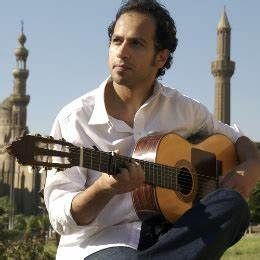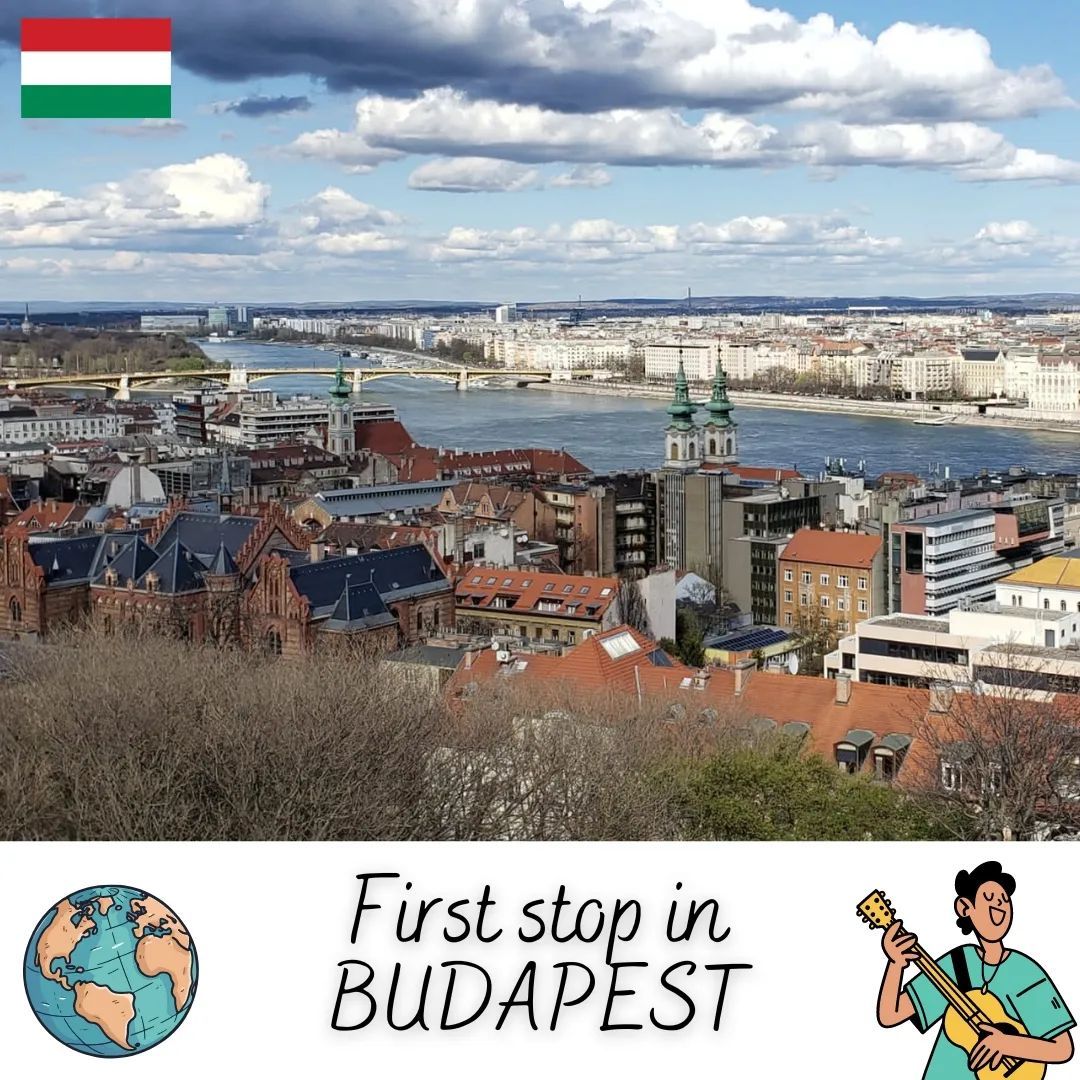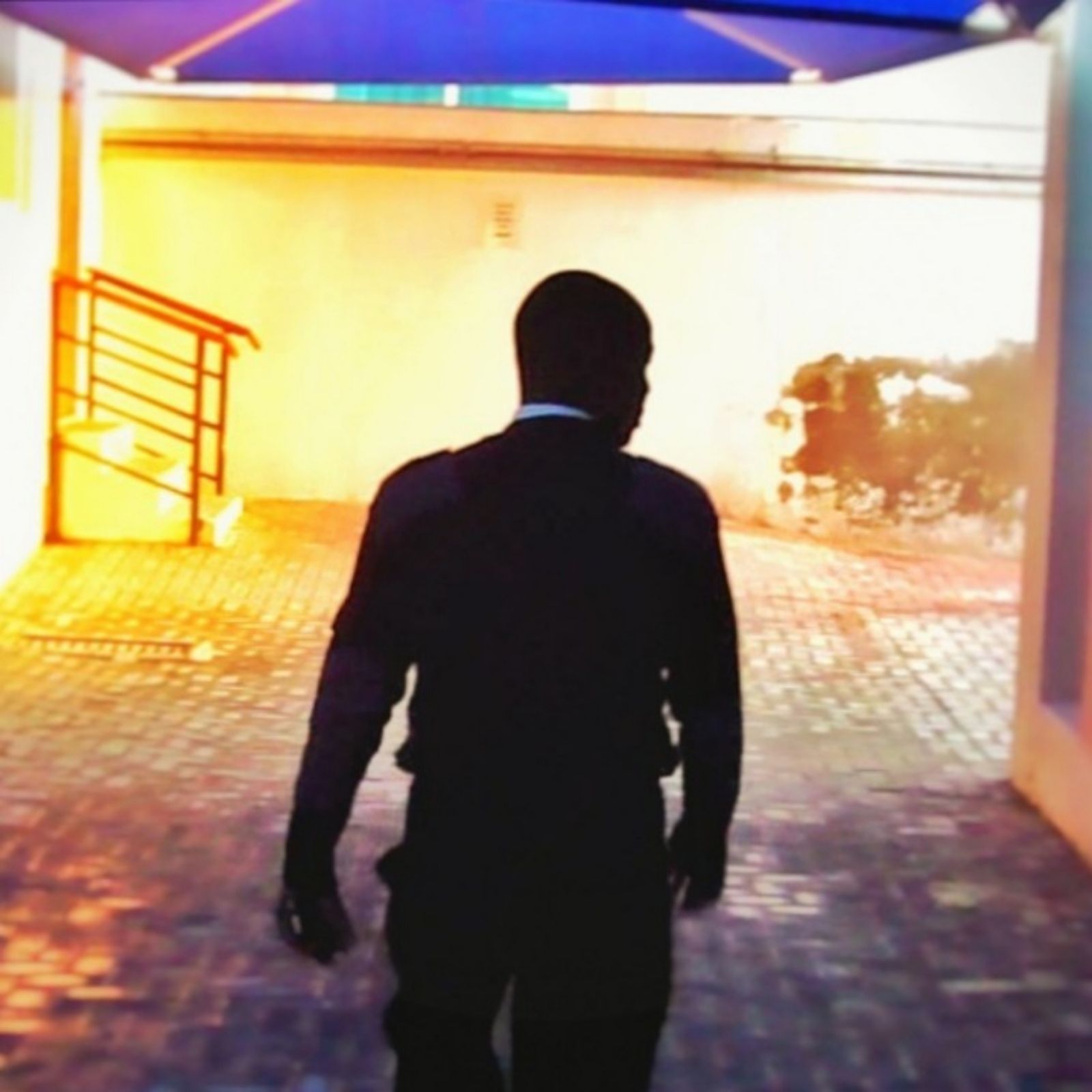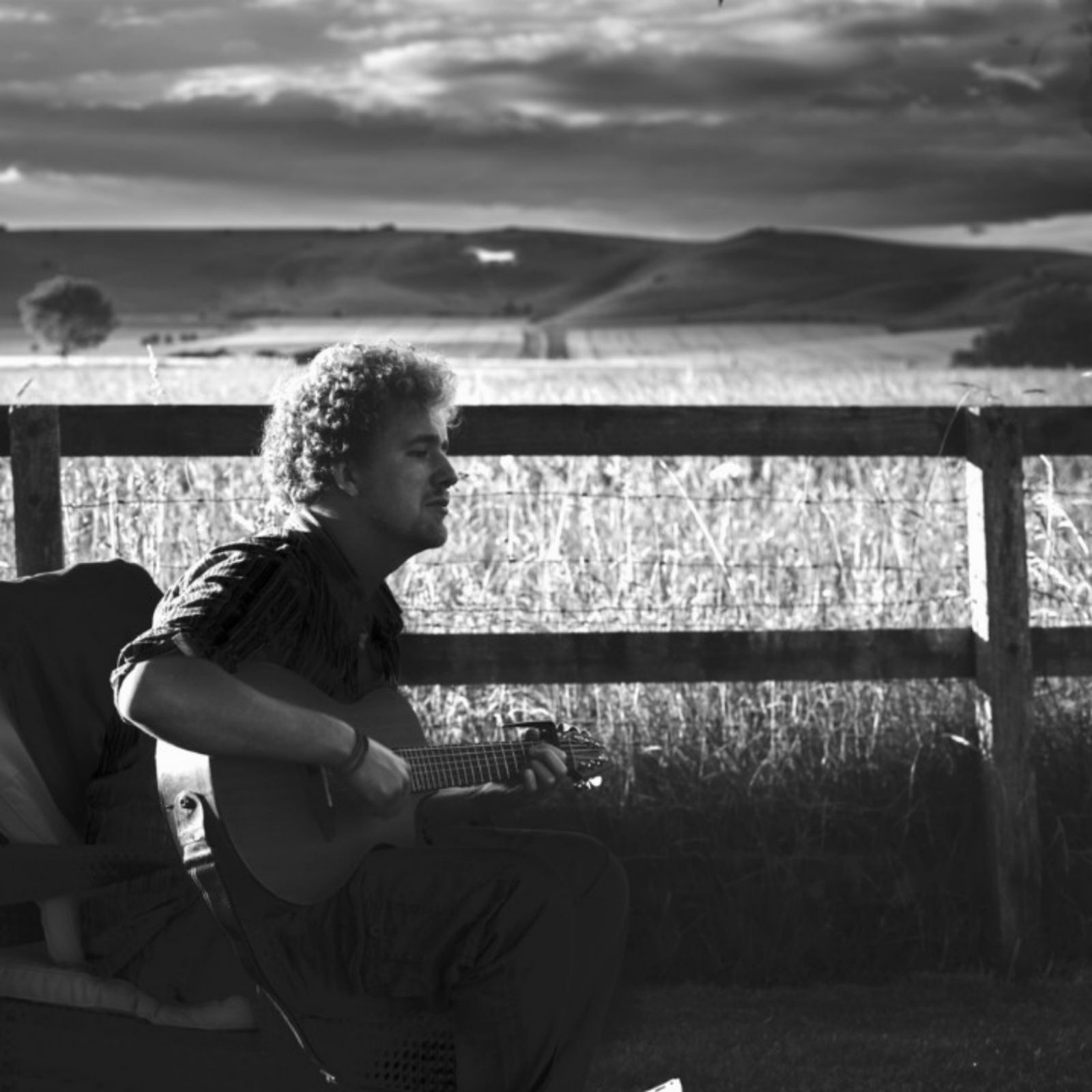Album Back-Tracks: Migrant Workers Rights in the Arab Gulf
A theme of the coming album, in Middle Eastern countries such as the UAE and Qatar, there is a severe human rights violation and social inequality in the form of the modern-day semi-enslavement of migrant workers.
Rights Abuses
These violations involve poor accommodation facilities for the workers, minimal salaries and no minimum-wage system, long contracts for up to 3 years without a holiday, plus poor treatment by employers and employment companies. It’s even the case in places like Qatar where workers are forced to live in labour camps very much on the outskirts of the city where they are hidden from view, causing them to have to travel very long distances to get to their jobs and implying that they have a very low standard in society and are considered to tarnish the nation, even when they are the very ones at the forefront of developing the nation.
However, from one viewpoint you could say that these people are gaining immensely from the situation because they are gaining employment abroad when there are no jobs available in their countries of origin. Their minimal salaries are often worth a lot more in their home countries and by sending it home – which many of them do – they can help their families and friends and put their children through school, with the prospect that they may go on to learn a skill so they aren’t forced, like their predecessors, to become migrant workers.
Regardless though, definite improvement can be made to resolve the social inequalities that these workers face. In this article, I will look at some events and topics regarding migrant workers in the Middle East and give an overview of their situations, including why they are the way they are and how governments and policy-makers could go about changing them.
Case Study – Ocaya Moses, Uganda (Qatar & Dubai)
I will begin with a case study about a man I know personally called Ocaya Moses (first name Moses), who left his home in Uganda, East Africa, to work for a security company first in Dubai and then most recently Qatar.
Listen to the song I wrote about Moses here
Watch the video for the song here
I have also created a documentary version of the music video available here,
where I interview Moses and learn more behind his story.
I have also discussed the song more when I was in Uganda visiting him, watch my interview here
In Qatar, Moses worked as a security guard for a British-system private school for the large Western expatriate population working to develop the recently-modernised gas-rich country. Within the school, Moses was treated well by the mostly-Western staff and students and his British supervisor.
However, by his employment company, run and financed by local aristocrats, Moses’ treatment was not as well met. His salary was merely enough for him to eat a standard meal once or twice a day, with the rest going home to his immediate family, taking care of his parents, wife and allowing his three children to take up education. His accommodation facilities were very poor, having to share a small room with 3 other people sleeping on blankets on the floor. Some people he would share rooms with worked nightshifts which naturally caused disturbances. The main issue with his company-provided accommodation was that it was very far away from his place of work, on the outskirts of the city where workers were “hidden”, meaning it took him at least an hour in a cramped company bus to get to and from work, worse when he had to be at work for half five in the morning and finish at half six in the evening.
"In Essence he would be getting very little sleep to do a job that isn't particularly active,
and in a country where the outside temperature ranges between 30° & 50° C"
Contract Durations
The next issue I would like to discuss is that of migrant workers’ contract durations. Moses worked six years overall in Qatar, with two in Dubai doing a similar job. In those eight years he only returned to his home country for a work-leave three times, all for just two-month periods. The length of time away from home allowed for increased stress and homesickness for Moses and in the case of, perhaps, your average white European person, this would have very negative effects on their work attitude, social demeanour and general attitude towards life.
However, people from backgrounds such as Moses are often much more positive in harsh situations such as this, as they understand that they are progressing their families through their sacrifice, as well as using rich countries to feed the economies of their own countries, allowing for their increased development.
The ‘real’ inequality
But even with this in mind, there needs to be a change in this system and to allow for fairness and less social inequality, especially in countries such as Qatar where the average salary of a native resident is the highest in the world, there is no excuse for such poor treatment of a very necessary workforce.
As fundamental as wealthy developing countries are to poor-background migrant workers, so are those migrant workers to those countries. Similar to immigrants in Western Europe, they often take the jobs no-one else wants to do and will work harder and in worse conditions than native residents of the country.
This allows the nation to grow faster, however, the case of migrant workers in the Middle East is very different from immigrants in Western Europe.
Immigrants in Europe often settle, with families and friends, and apart from the occasional demeaning attitudes of native people they are not made to face the same level of abuse and inequality as a developing-world migrant in the Middle East.
"One main factor in this is the levels of development of the two regions, and the rate of development."
Economic Transformations (Qatar)
Qatar, for example, has turned from its traditional setting of small towns, villages and nomadic camps dotted around the completely-desert country, to a giant modern sky-scraper metropolis in just over fifty years; Western states such as the United Kingdom have developed over centuries. This stark contrast is a very large factor in the situation of social infrastructure in places like Qatar.
You can learn more about the economic transformation of Qatar
with my song "Gas in the Ground", soon to be released on my debut album!
Sign up to my Newsletter to stay informed
Whilst it only takes money and man-power to build a modern city, it takes a lot more to develop social attitudes towards how a modern society should be, and in very recently-established places such as Qatar, culture and traditional ways of thinking often influence attitudes towards the treatment of low-class individuals, much more that they are from foreign countries. Once again, nationalism and traditional hierarchical mentalities provide a precedent for the actions of governments today.
In Arab Gulf states, even white Westerners are never treated as equal. They often only go to these countries for work and are often treated like “white slaves”, or a different level of migrant worker. The big difference is that the white and Western migrant workers are treated as befits their employment & background, in comparison with those coming from developing countries: they are paid according to their customary salary in country of origin, and often given a high standard of accommodation. They may not be treated on equal levels with the indigenous natives but they are still very rewarded, standing at a sort of “middle ground” between the native residents and the poorer migrant workers.
"Social inequalities in the Arab Gulf states are very apparent and obvious,
and a large concern for people coming from a Western country."
The social divide is somewhat comprehensible - given the history and structures of those countries - but to be considered a developed, modern nation of the 21st century, these countries are going to have to make vast changes to their management of low-class foreign labourers.
Extreme Cases in the Workplace
It is certainly shocking to hear of cases such as those in Qatar where migrant workers have died from heat exhaustion and over-working, with reports and news coverage being heavily-controlled with these cases, in a bid to prevent the world media from having reason to portray the country negatively. There has recently been much speculation on the plight of migrant labour workers involved in the construction of the stadiums and facilities for the FIFA World Cup which Qatar is hosting in 2022 (at time of writing), with reports of heavy casualties on the part of the labourers. There is clearly a great deal of development in social attitudes in the Arab Gulf region required if it is to ever be properly given a developed-world status.
Steps towards solving this case of global inequality and social injustice could include: Firstly, establishing a minimum wage system, to allow migrant workers the benefit of a fair, standard income; better management of their housing and designating rooms for day-shift workers and night-shift workers is another thing.
You can learn more about the migrant construction workers of Qatar with my song "Man from the Mountain",
a song I've adapted from a Nepalese poet who tells the story of his countrymen - soon to be released on my debut album!
Sign up to my Newsletter to stay informed
I have also made available to watch a pre-release music video, which you can watch here
But for there to be real change in a case such as this, as with many cases throughout the world, it must be through a shift in the mentalities of the ordinary people, which will reflect with the government. But dealing with other cultures and nations and criticising their way of doing things can be seen as colonial and demeaning, as it’s hard not to take a strong Western view towards such things.
The “Neo-Colonialist” Perspective
But I, and many in the Western world, believe there are fundamental principles that all cultures should work by, principles which would, or at least should, not counteract or undermine the rightful beliefs of a certain country or group of people. It can be fairly said - in an un-colonial manner - that places like the Arab Gulf states are very much a step backward in time, hiding this image with the allure of modern architecture.
Their society and social structuring and beliefs is very much a mix of medieval or Victorian England, but somewhat confusedly paired with the luxuries and material influence of modern-day England, forsaking the time in-between which European countries took to develop the level of social standards that they have today.
"With this view, I believe it is up to international organisations to change
countries like Qatar and the UAE to allow for any real development."
Continuing westernisation of this region brought about by the mineral wealth is certainly having some effect on this, but the real reality, I believe, is that the West is completely unable to tackle the social problems of these countries without engendering complaints of colonialism from the countries involved.
International organisations would have a better foothold if they take a more global approach to the problem, but really, if history is anything to go by, real social change is most effectively brought about by internal revolutions.
The sad point of the case of low-class migrant workers in the Arab Gulf states is that who, apart from those involved of course, is going to care? Worst thing is that the workers are in a foreign country, representing how the globalisation of labour has great impacts on social issues such as this. If the workers try to revolt or go on strike, their employers have taken their passports, so have immense leeway. Even then, in most cases I know very well that the employers would not think twice about deporting any rebellious employees and just recruiting another desperate foreign worker from the line of millions.
Conclusion
To conclude, feel the main thing to consider with this topic is that the workers are desperate; they are just looking for any way to have a better life, or to allow their next generation to. The powers of the Arab Gulf states exploit this, as this same exact thing is exploited throughout the world for the economic benefit of those in power.
In this essay, I feel I have partly laid the foundations for a greater argument about social change in the developing world, and made some basic suggestions to how this issue can be further discussed.













